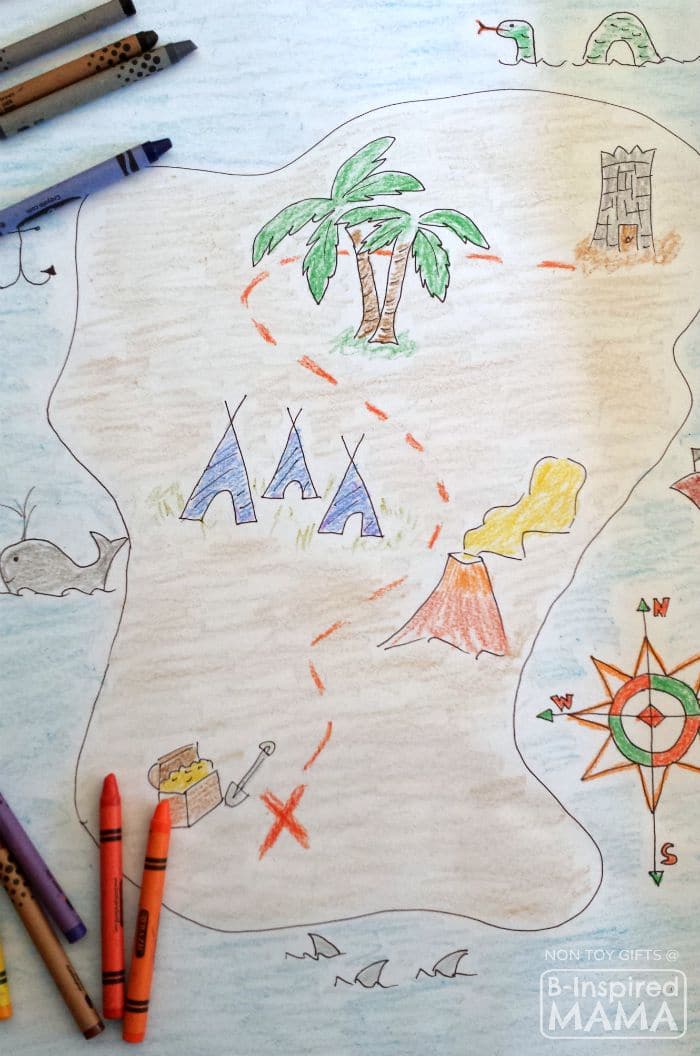

Menu bars have been a common feature of Windows applications for a long time, and feedback we got from some ReefMaster v1 users indicated a preference for this more traditional user interface. See Application Layout for more information. One of the first things you will notice when running ReefMaster v2 is that the user interface is a little different to version 1, with the addition of a set of menu bars running across the top of the application window, removal of the main toolbar at the left of the window and a new layers panel. If a version 1 workspace is opened by ReefMaster v2, the application will check for the existence of a version 2 workspace with the same name and disk location, which will be loaded in preference if it is found.No changes made to the version 2 workspace will be reflected in the original workspace, and vice versa.
:max_bytes(150000):strip_icc()/SXCalexdehnel-56aa2e143df78cf772ad1f66.jpg)

ReefMaster v2 uses a modified workspace database format, and existing version 1 workspace (.

Upgrading Existing ReefMaster v1 Workspaces Then export the hidden features to another image and put that on a "GM layer" overlay.A short introduction to ReefMaster v2 for existing ReefMaster v1 users. Then, you can hide hidden things and export a map for your VTT. Great thing about GIMP and similar apps is that you can build everything into layers - so I do the dungeon outline on one layer, visible features in one layer, secret features in one layer, numbers/notes on one layer, etc. Spend your development on what's in the juicy center of the dungeon. I really like to make dungeons with simple (even boring) styles - this cuts down on the development time considerably. Another free tool - comparable to Photoshop - GIMP allows me to get as detailed as I want to get and keep everything in layers. I use GIMP for dungeon maps - whether I'm drawing them from scratch or modifying a map that someone else has created.


 0 kommentar(er)
0 kommentar(er)
